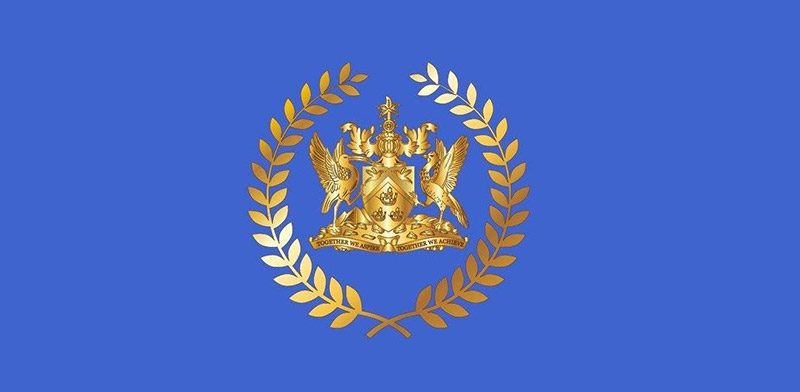Fellow citizens, let us not celebrate Emancipation Day 2020 as if emancipation has been altogether achieved but rather use it as a stark reminder that there are hurdles yet to be overcome. The day commemorates the anniversary of the abolition of African enslavement, one of the most heinous and brutal chapters of human history. The systematic trade and subjugation of African peoples spanned four centuries, enriching the economies of European nations while haemorrhaging the African sub-continent of millions of its people. When the slave trade was finally dismantled, over 11 million people had been forcibly exiled to the Americas to serve brutal life sentences on the plantations of the New World.
Almost immediately upon arrival, the enslaved were deprived of their liberty, traditions, family structure, religion and identity. Children were intentionally separated from their mothers, and fathers rotated around plantations to erode the stability of the family unit. Concessions were minimal and punishments excessive to force compliance and reinforce their inferior social status.
The enslaved Africans refused to submit to their bondage, braving severe punishments and even death, by participating in various acts of resistance and outright rebellion. Their continuous defiance, along with the declining profitability of unfree labour, and the escalating anti-slavery campaign in Britain, ultimately resulted in their freedom. Emancipation Day is an opportunity for us all to acknowledge the harsh experiences of the enslaved and pay tribute to their resilience and determination in the face of exceeding difficulty.
Although the institution of slavery was formally brought to an end on 1 August 1834, its social, political and economic repercussions continue to be felt both in Africa and by the African diaspora. The treatment of Africans and their descendants has recently arisen as a topic of intense discussion, debate and protest, particularly in countries with a history of African enslavement and discriminatory legislation.
While we in Trinidad and Tobago can take pride in our ethnic diversity, we cannot be blind to or complacent about addressing unresolved and deep-seated issues that belie our vaunted rainbow nature and undermine the values of our Republic. The lessons of our violent past must produce in all of us an intolerance for bigotry, injustice and inequity and a determination to cherish and defend the rights and dignity of all.
It is shameful, given the legacy of African enslavement, that reports of modern-day slavery are rampant in our nation. A recent study bestowed upon Trinidad and Tobago the unenviable distinction of having the highest demand for sex and prostitution services in the region, with thousands of Venezuelan women being trafficked to this nation to be sold into sexual slavery.
As the first nation to officially commemorate the abolition of slavery, Trinidad and Tobago must set the standard for upholding the rule of law and rejecting injustice and abuse. History cannot be allowed to repeat itself and those who participate in the subjugation and enslavement of others must be confronted and brought to justice.
As we don our African garb, sing, dance and eat traditional foods, albeit in restricted numbers, let us advocate for an end to all forms of oppression in our nation and keep our sights on the long-term goal of achieving total emancipation.
I wish the national community a safe, happy and healthy Emancipation Day.



